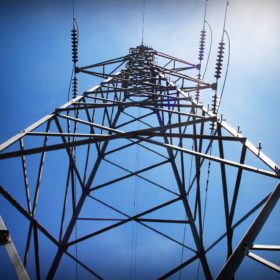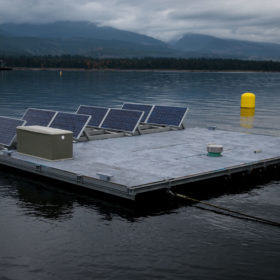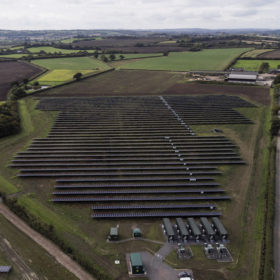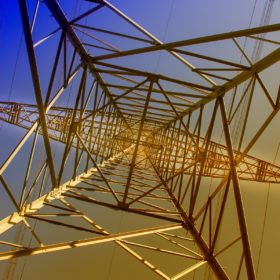UK researchers confirm correlation between micro-cracks and hot spots in polycrystalline cells
A research team from the University of Huddersfield used electron microscopy to analyze micro-cracks in 4,000 polycrystalline silicon solar cell samples. The results showed power losses may vary from 0.9-42.8%, and increased temperatures due to micro-cracking may favor the formation of permanent hot spots in the cells.
Solar-plus-storage will start to make big inroads in the year ahead
By this time next year we may be able to wave goodbye to that old chestnut about renewables endangering security of supply. Elsewhere, the price of lithium – and the products it goes into – could go either way after tanking this year.
The year in solar, part III: Battery breakthroughs, inverter trouble, sustainable role models and new tech
Storage has long been expected to be the handmaiden of a renewable energy world and its long awaited advances started to finally emerge in the third quarter as researchers posited R&D achievements ranging from potentially potent tungsten disulfide nanotubes to the business case for 10-year solar panels.
The year in solar, part I: New modules, flat-pack solar and inverter turbulence
The first part of pv magazine’s review of 2019 considers Q1, when solar early adopter Italy offered an optimistic start to the year by fleshing out its plans for PV but uncertainty still clouded the world’s biggest solar market. The potential for household solar installations to rocket the world over – helped by ever cheaper panels – prompted strategic decisions in the inverter market and analyst expectations were confounded as the cobalt and lithium price plummeted, bringing the EV revolution a big step nearer.
Oxbridge scientists seek to explain electron dynamics in perovskite cells
Researchers from the two prestigious U.K. universities are analyzing spatiotemporal charge-carrier dynamics in the perovskite materials used for solar applications. They have discovered the carriers propagate ballistically over 150nm within 20fs of photon absorption.
UK water company seeks solar power from large scale, rooftop and floating plants
Southern Water has issued a request for information about sourcing solar power through bilateral power purchase agreements. The company is considering buying electricity from generation facilities on its sites in southern England.
Green shoots of recovery
There has been significant progress in the decarbonization of the electricity supply in Great Britain in recent years, underscored by a record run of 19 days of zero coal generation in May and June 2019. With National Grid’s stated aim of operating a carbon-neutral electricity system by 2025, the co-location of PV with battery storage could play a key role. The proposition offers the twin benefits of enabling increasingly high renewables penetration while simultaneously improving network stability. Adam Sharpe of Everoze explores the role of co-located PV and energy storage assets within the context of the UK’s future decarbonization plans.
Implementing the blueprint for carbonless power
The emergence of hydrogen power is changing the dynamic of the power supply arena. With new technology coming through comes increased demand for specialist skills from other industries, including from manufacturers. The following article why these technical abilities will be vital in the development of hydrogen storage vessels and, crucially, ensuring the industry operates safely.
Scottish Power enters PV business
The distribution network operator for central and southern Scotland says it wants to maximize onshore renewables potential by adding solar and storage to its clean energy business. The company said hybrid projects combining wind, solar and storage will become the industry standard in 2021.
Ofgem’s plan for network charges triggers renewables sector backlash
Ofgem passed its long-awaited, controversial plan for network charges last week, despite earlier warnings against the move. The UK electricity market regulator’s Targeted Charging Review has provoked a backlash in the renewables sector, as many believe that the plan will damage the economics of distributed energy resources and unsubsidized onshore wind and solar development.









